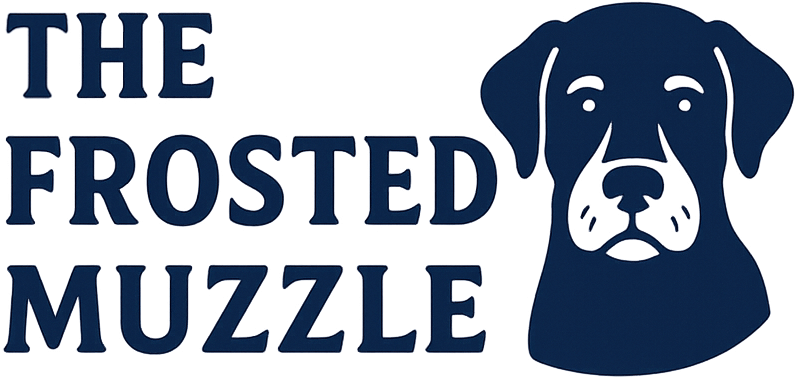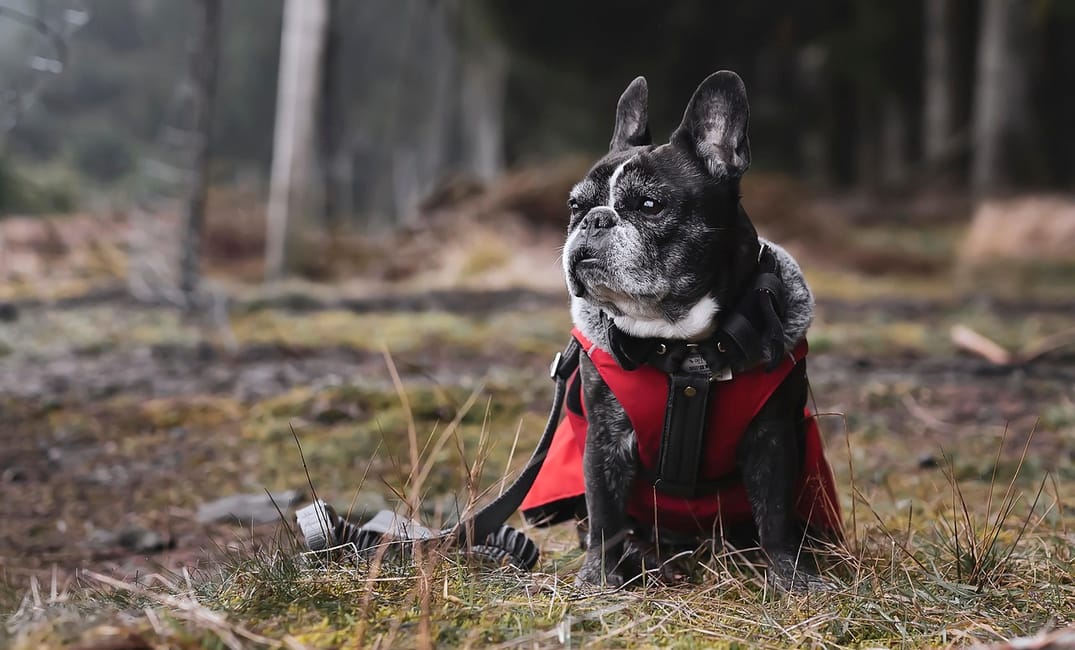Table of Contents
French Bulldogs have a way of becoming the heart of the home. With their playful charm, expressive eyes, and love of lounging beside you, they’re hard not to adore. But like all dogs, Frenchies age and if you’re lucky enough to share many years with one, you’ll start to wonder when they officially become a senior.
Understanding the aging process in French Bulldogs can help you prepare for changes in their health, behavior, and daily needs. Let’s walk through what “senior” really means for your Frenchie and how you can help them thrive in their golden years.
Age Isn’t Just a Number, It’s a Milestone
In general, French Bulldogs are considered seniors around 7 to 8 years old. This may come as a surprise, especially if your pup still acts like a clown and charges after toys. But behind the scenes, their bodies are starting to slow down. Smaller breeds tend to age more gracefully than large dogs, yet Frenchies carry some breed-specific health risks that can accelerate signs of aging.
That said, each dog is different. Some show signs of aging earlier, while others remain sprightly well into their ninth or tenth year.
Signs Your Frenchie Is Entering Their Senior Years
Even if the number says they’re a senior, what really matters is how your dog is feeling. Here are a few common signs your French Bulldog may be moving into their senior stage:
- More naps, fewer zoomies
- Stiffness or slower movements, especially in the morning or after rest
- Cloudy eyes or hearing changes
- Hesitation on stairs or jumping onto the couch
- Changes in appetite or digestion
- A little more grumbling during grooming or vet visits
If you’re noticing these changes, it’s a good idea to talk to your vet about senior wellness care. Many age-related conditions are manageable with early intervention.
How to Support a Senior Frenchie
Senior French Bulldogs don’t need less love, they just need different kinds of care. Soft bedding, a few extra vet checkups a year, and a diet that supports joint and digestive health can go a long way. Mental stimulation remains just as important as physical exercise, even if they’re not chasing tennis balls like they used to.
You might also want to invest in ramps or steps to help them get onto the couch or bed, and keep an eye out for temperature sensitivity. Frenchies don’t do well in heat or cold, and older dogs have a harder time regulating their body temperature.
Celebrate the Sweetness of Slow Days
There’s something incredibly special about an older dog. The wild puppy energy settles into a calm presence. Your Frenchie might be less bouncy, but more tuned in like they’ve grown into your rhythm over time.
A senior French Bulldog may not run as fast, but their loyalty deepens, and their bond with you becomes even more meaningful. So when the slow days come, lean into them. That’s where the magic often lives.
And when in doubt, let your Frenchie show you what they need. They’re experts at finding the warmest spot in the room and that usually happens to be right next to you.

